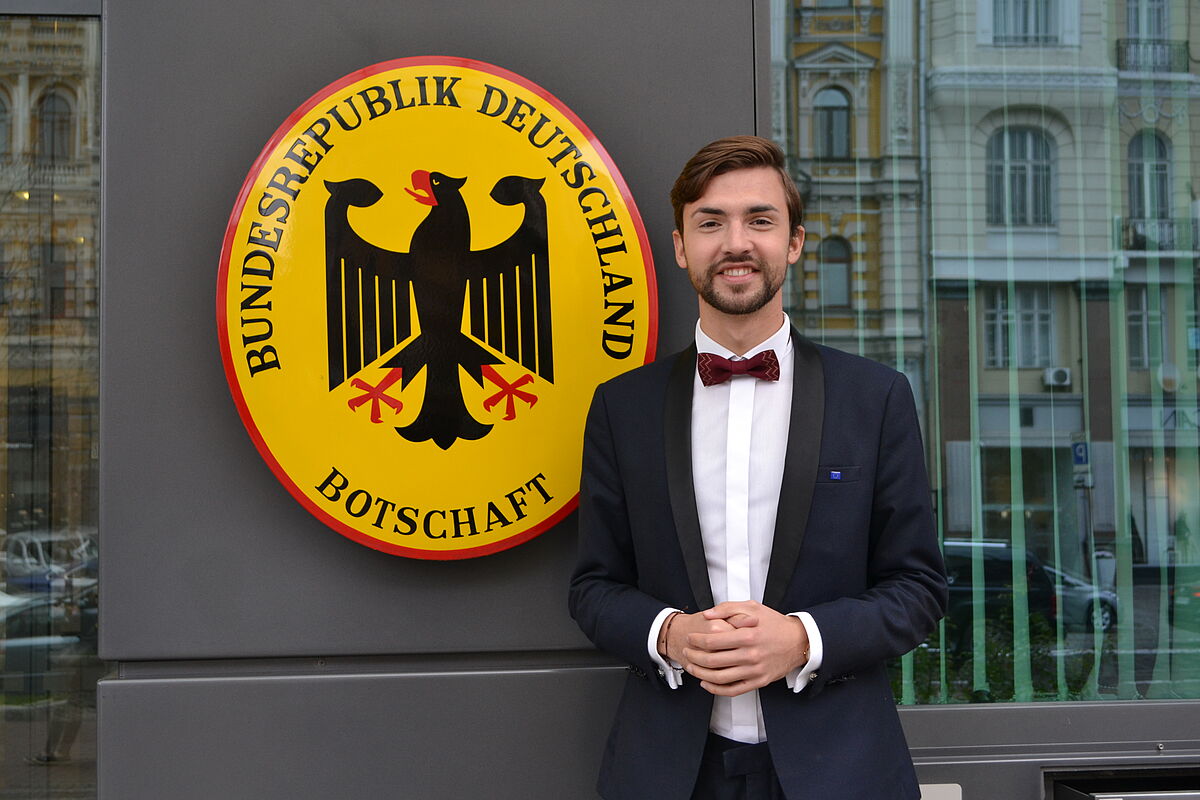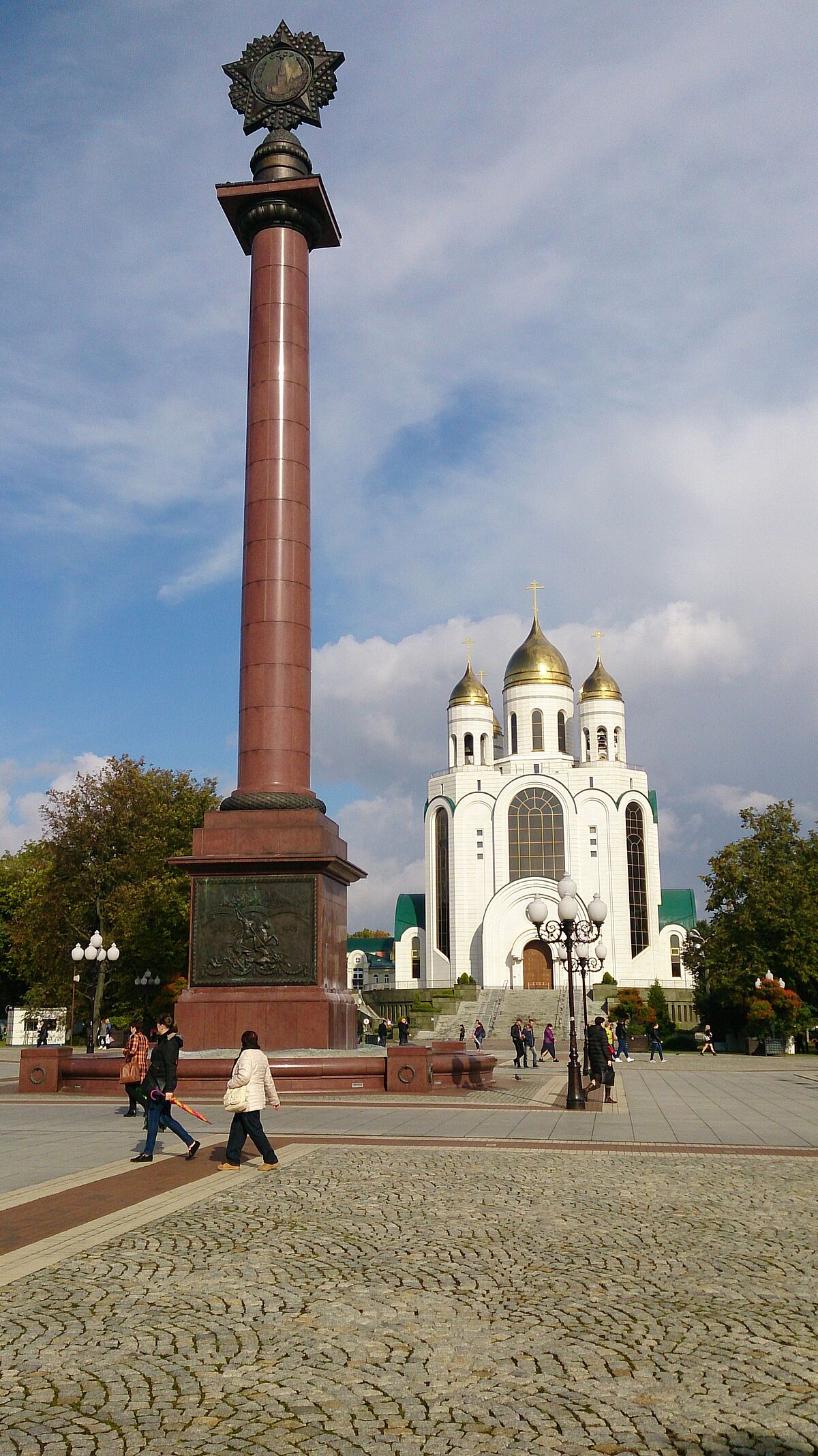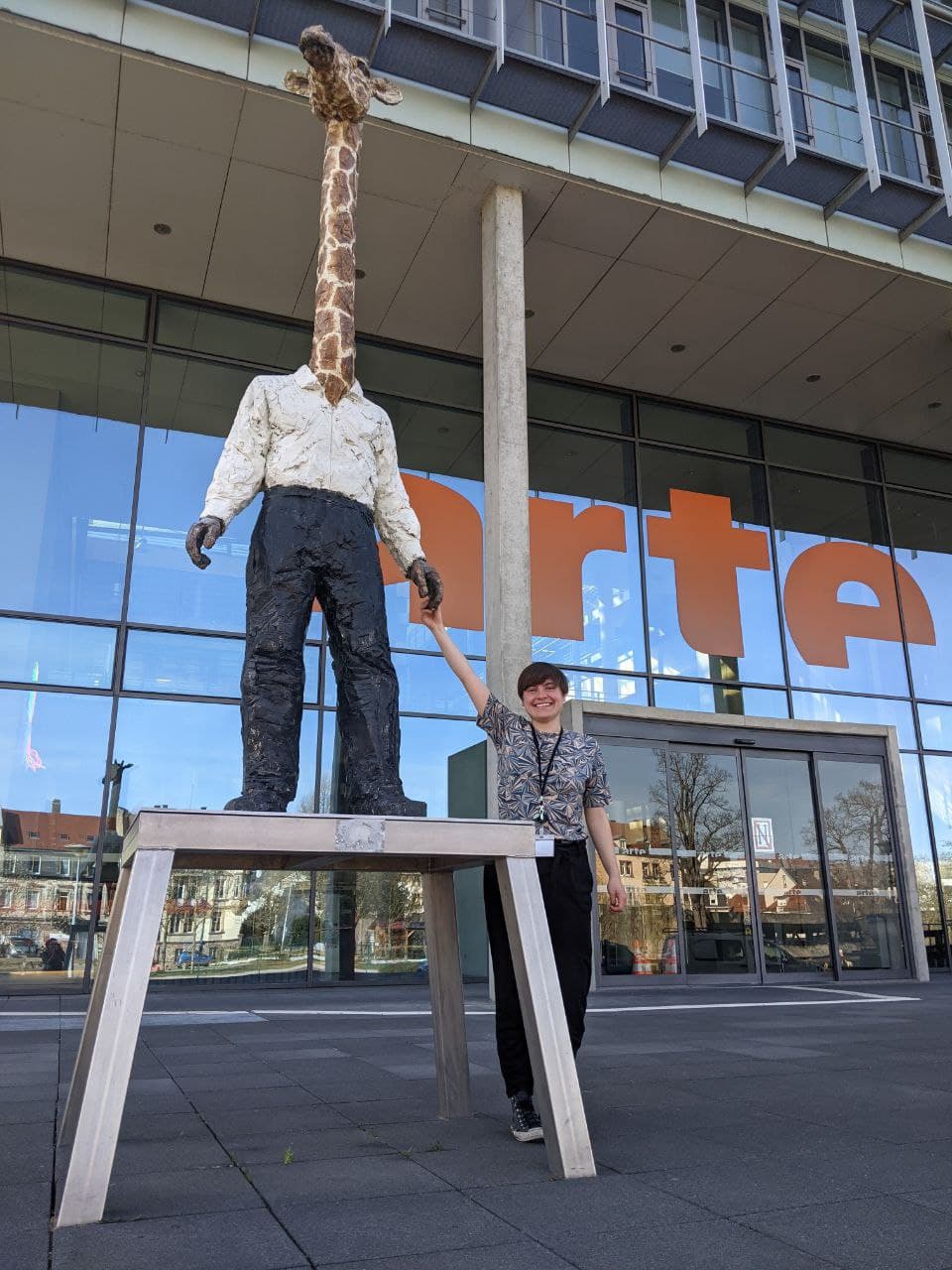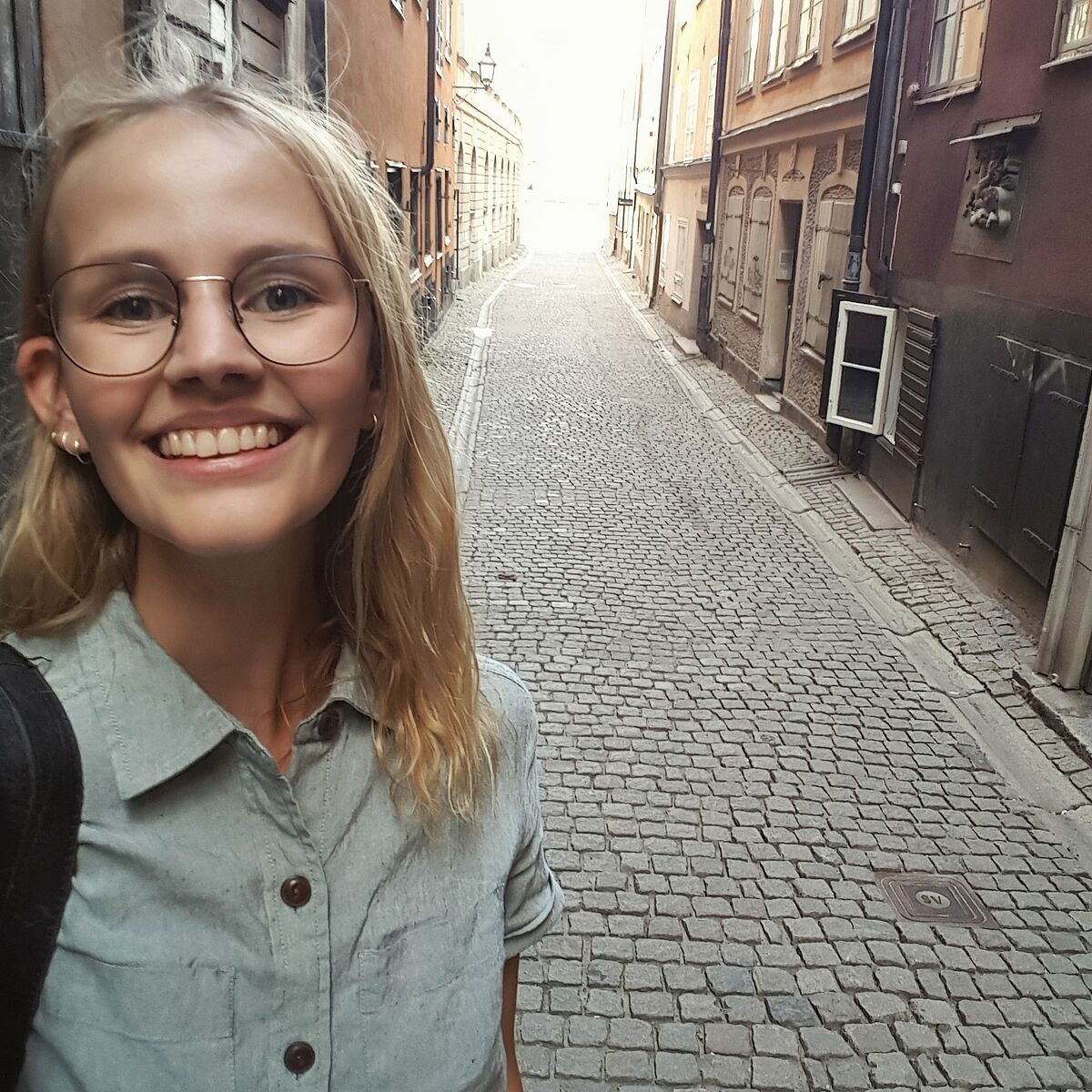Internship Abroad
An internship abroad always involves additional costs, as many internships are unpaid. You should therefore start looking for financial support at an early stage. Important: clarify in advance with the internship coordinators in the relevant subject area whether the internship will be recognised and, at the same time, find out about funding options from the International Office.
In Europe
Internships completed in a European country can receive ERASMUS+ funding. Funding applications must be submitted to the International Office.
Information from the International Office on ERASMUS+ internships
Outside of Europe
Internships outside of Europe may also be financed by other programmes, e.g. the PROMOS programme, by scholarships from the DAAD or Auslandsbafög. The International Office has put together some useful information on funding.
Internship Coordinators
Political Science
TBA
Internship advice is currently provided by:
Ernst-Lohmeyer-Platz 3
Raum 3.39
Tel.: +49 3834 420 3171
Communication Studies
Prof. Dr. Stefanie Averbeck-Lietz
Chair of Communication Studies with a Focus on Communication Ethics
Testimonials from our students

Marc Benedict on his internship in Kiev
Kiev, Ukraine. Seven weeks of internship at the German Embassy lie ahead of me. Exhausted but satisfied, I arrive in Kiev the evening before the first day of my internship and am looking forward to the time ahead and the new experiences.
The first few days have passed and I feel very comfortable and have received a warm welcome from my colleagues. On my very first weekend, a few of them pick me up and take me to Odessa, where we enjoy a great, sunny weekend on the Black Sea coast.
The work is challenging but exciting. I am immediately integrated into the embassy work process and am given responsibility. In addition to desk work, my tasks include attending many external appointments on behalf of the embassy. My participation in conferences, talks and negotiations is followed by the drafting of precise memoranda of results. Like many embassy employees, I start work at 9 a.m. and often stay in my office until 7 or 8 p.m. There are semi-official evening events once or twice a week. From formal events like a ball to relaxed and informal meetings of young diplomats, there is something for everyone.
The application of topics learnt during your studies is not part of university life. It is therefore not only important, but also exciting to be able to apply what you have learnt. Working at the embassy also allows you to improve your social skills and gain an insight into everyday working life within the administration.
Kiev is a vibrant city. Many young, modern people enrich the arts scene, cafés and restaurant culture. Prices are often lower than in Germany, which makes it possible for students to try out many things. The Kiev Metro is perfect. There is a dense network of lines and a tip on the metro costs just 15 cents.
Time flies by and before I know it, the evening before my departure has arrived. Because the embassy staff also have German public holidays off, the actual public holiday is not celebrated until the day after with a big reception. A great end to a short, but interesting time in which I got to know what work is like in an embassy, about life in Ukraine, and many interesting personalities.

Hagen Bilau about his internship in Kaliningrad
I completed my eight-week internship for my bachelor's degree at the Chair of Economics at the Technical University in Kaliningrad. I had already focussed on Eastern Europe in my General Studies and attended language courses in Ukrainian and Russian Language. In order to gain my own deeper insight into Russian culture and society, I was looking to complete an internship in Russia.
In Russia, you quickly realise that you are immersing yourself in a foreign culture and discovering a whole new world. I was surprised by the very high cost of living, which was sometimes more expensive than in Germany, except for public transport and mobile phones. I was particularly impressed by the Russian hospitality and helpfulness. Russians consider the former Königsberg to be a very European city, but as a Western European, you feel like you are in a very Russian city. I remember the moment when I crossed the border into Poland particularly well and the roads got better but mobile phone reception steadily declined and disappeared completely at the German frontier, that's when I knew I was back home.
If you would like to do an internship in Russia, you will need to be able to speak Russian. Unfortunately, only a few people speak English and German, and usually only a few words. I did not get very far with my A1 language skills. It was usually possible to communicate with my hands and feet, but I wouldn't recommend imitating this.
Not only did I get to know a part of Russia and Russian culture, I also became much more aware of German culture and language. I can highly recommend an internship abroad, especially for personal development. During these eight weeks, I got to know myself much better and came back a new person.

Anne Frieda Müller on her internship in Strasbourg
B.A. Communication Studies and Political Science / January 2021 to April 2021
In Strasbourg, I was able to brush up on my school French and gain an insight into the work of the "THEMA and Geopolitics" editorial department at the Franco-German TV channel ARTE. I financed this period of stay abroad with the help of my internship salary and BAföG. During the internship, I was mainly involved in the production of investigative documentary films for ARTE. I was able to help with the planning of themed evenings, prepare social media posts and check the correctness of many films in terms of logic and the German version. There were also small translation tasks - I was able to improve my French so quickly during the three months, also thanks to the many French friends I made during my first period of stay abroad.

Mathilde Böwing on her Erasmus+ internship in Stockholm
Communication Studies / August 2020 to October 2020
I am in the 8th semester of my studies of Communication Studies and Scandinavian Studies at the University of Greifswald. For the supplementary area of General Studies, I spent a three-month internship abroad in Sweden's capital Stockholm during my 7th semester. From August to September 2020, I was able to gain professional experience primarily in the area of public relations at the Swedish Association for the Preservation of Historic Buildings (Svenska Byggnadsvårdsföreningen). My tasks included creating flyers, writing posts for Instagram and Facebook, and digitising the association's own magazine. I received funding from the Erasmus+ programme for the duration of my stay abroad, which made financing much easier, especially in an expensive country like Sweden.
The internship abroad enabled me to improve my Swedish language skills considerably, which was mainly due to the work, but also to my accommodation (multi-generational shared flat with two Swedes and another international student). The fact that I was able to complete my internship at all despite the COVID pandemic was ultimately no problem at all thanks to Sweden's special way of overcoming the crisis.
Although I experienced Sweden and Stockholm during a very special time, I can still say that I did not miss out on any experiences and adventures. For this reason, I would warmly recommend anyone who is even thinking about going abroad to seize this unique opportunity and not to be discouraged by any hurdles!
